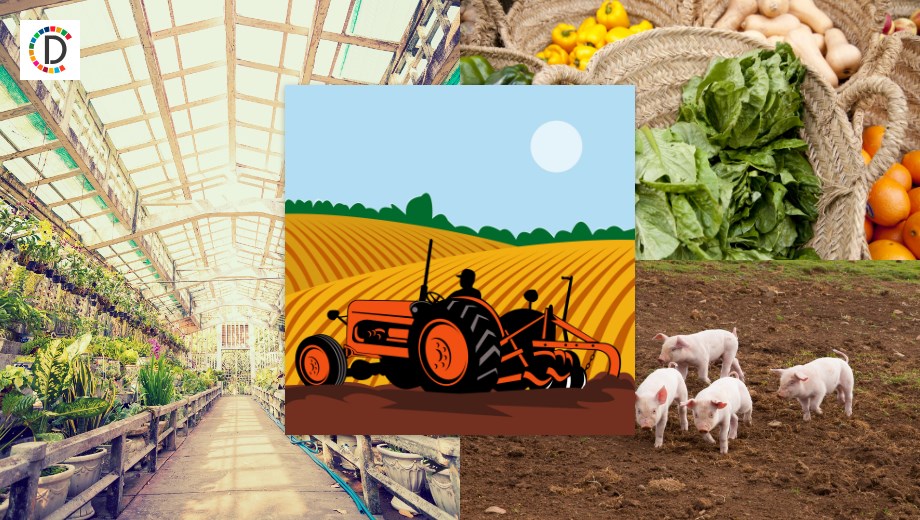Shimla: Changing weather patterns of dry winters and rainy summers have created double trouble for Himachal Pradesh’s farmers who have suffered huge losses in seasonal crops and plants.
The overall loss in agriculture crops and horticulture plants until May 9 this year was estimated at around Rs 104 crore — 40.60 crore for agriculture crops and 63.42 crore for horticulture plants, according to data by state emergency operation centre.
A prolonged dry spell after sowing of wheat seeds in winter followed by untimely rains during the summer harvest season led to huge losses for the state’s wheat farmers, State Agriculture Director Rajesh Kaushik said.
Wheat is harvested in 3.30 lakh hectares in the state with a production target of 6.17 lakh metric ton.
Apple growers too were caught unawares by the erratic summer weather, resulting in to inadequate chilling hours for the apples.
Scanty rain and snow made it difficult to maintain the moisture required for good-quality apples. To add to it, hailstorms in April and May impacted the growth of the apples as the absence of heat affects their size, Harish Chauhan, president of Fruit Vegetable Flower Growers Association, told PTI.
Around 800 to 1,200 chilling hours are required for the traditional apple varieties. However, the hours are fewer for the low-chilling varieties, he said. While around 3.52 crore boxes of apples were produced in 2022-23, this year could see a loss of 30 to 40 per cent due to vagaries of weather, Chauhan said, adding that apples are grown across over 94,000 hectares in the state. Himachal Pradesh received 117 mm of rain against the seasonal average of 187.1 mm, a deficit of 37 per cent during the winter season from January 1 to February 28, whereas the rain deficit last December was almost 100 per cent.
On the other hand, 12 per cent excess rains battered the state during the pre-monsoon season from March 1 to May 10 with 222.4 mm rain against the average of 199.4 mm.
In the first nine days of May, Lahaul and Spiti and Kinnaur districts received snowfall, while the lower and middle reaches of the hilly state witnessed fairly widespread to light to moderate rainfall accompanied by thunderstorms, lightning, hail and gusty winds.
Comparing weather data for May in the last 36 years, it was found that the highest maximum temperature so far was recorded at Una on May 8 at 36 degrees Celsius, while the lowest minimum temperature was minus 2.6 degrees Celsius at Keylong on May 9.






